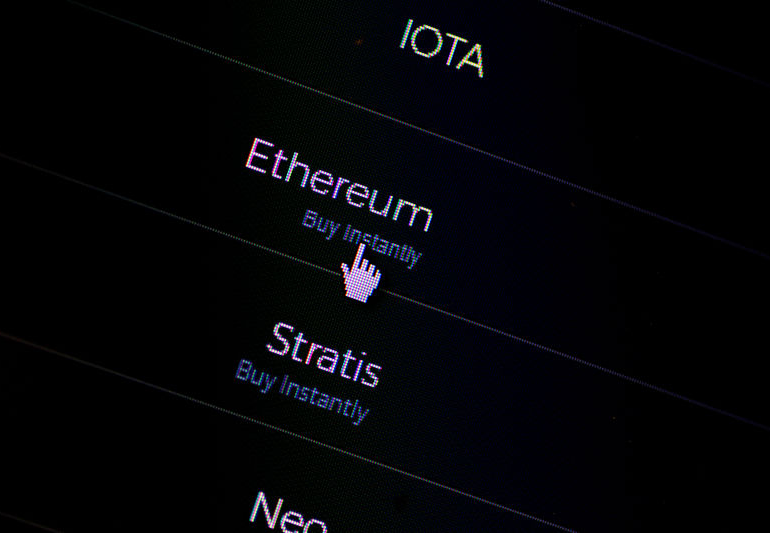Crypto Daily – , the second-largest cryptocurrency by market capitalization, has recently experienced a significant surge in gas fees, impacting users and developers across its ecosystem. Understanding the reasons behind this increase is essential for anyone involved in decentralized finance (DeFi), non-fungible tokens (NFTs), or Ethereum-based applications. As one of the most versatile blockchains, Ethereum’s scalability challenges and rising gas fees are central to discussions about its future.
What Are Ethereum Gas Fees?
Gas fees represent the cost users pay to execute operations on the Ethereum network. These fees are a critical part of Ethereum’s infrastructure, compensating miners (or validators, in Ethereum’s proof-of-stake model) for the computational power required to process and validate transactions. The amount of gas required for a transaction varies depending on its complexity and the level of network congestion at the time. For example, a simple ETH transfer…
Read More

















